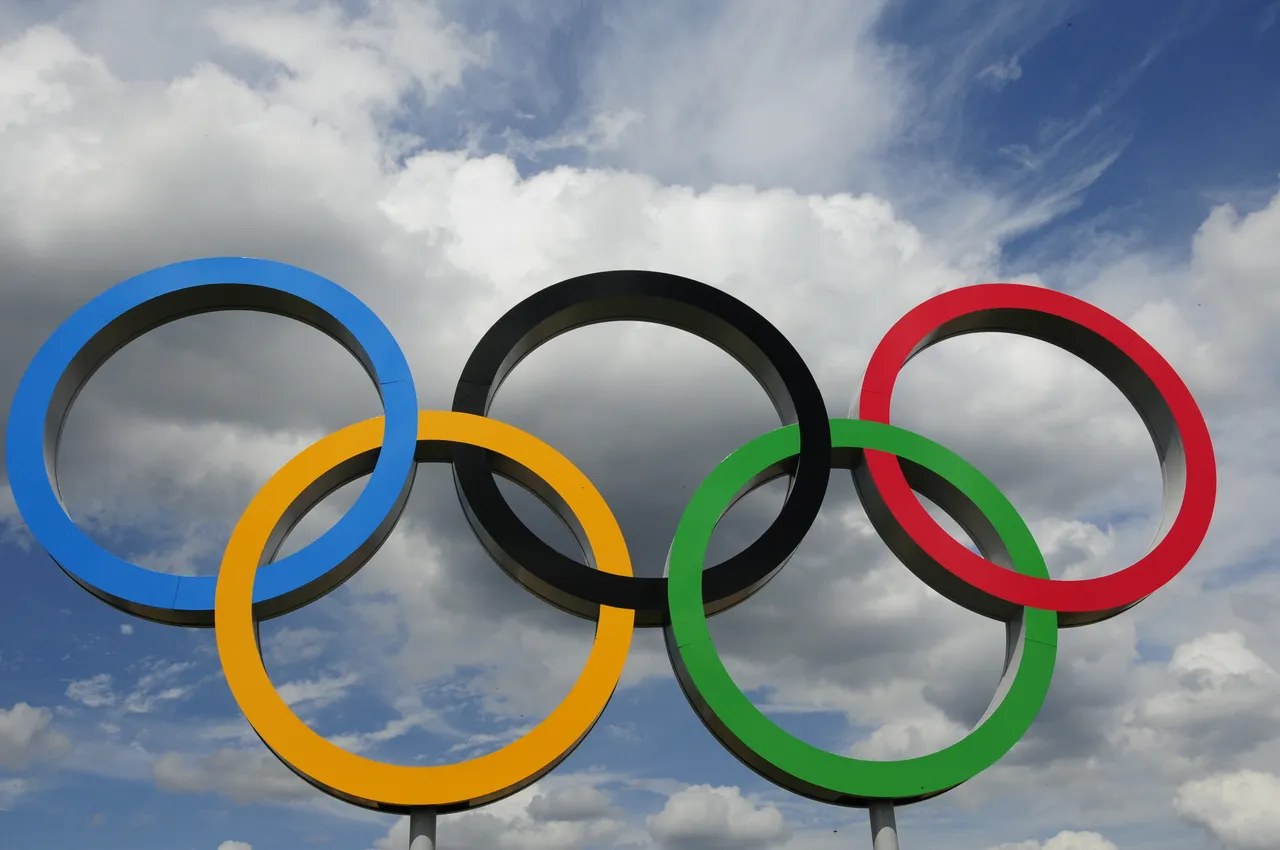
Called the Olympics.
The Olympics are a major international sporting event that takes place every four years. The Olympic Games are a global athletic competition where athletes from around the world compete in a variety of sports, such as track and field, gymnastics, swimming, and ice hockey. The Olympics are considered one of the most prestigious sporting events in the world and are watched by millions of people worldwide.
The Olympic Games have a rich history, dating back to ancient Greece, where they were held for over a thousand years until they were abolished in 393 AD. The modern Olympic Games were revived in 1896 and have been held every four years since then, except during the two World Wars.
The Olympics are organized by the International Olympic Committee (IOC), which is responsible for selecting the host city, determining the sports and events that will be included in the Games, and enforcing the rules and regulations of the competition. The IOC also ensures that the Olympics are drug-free and promotes the values of Olympism, which include respect, friendship, and excellence.
The Olympics are a symbol of international unity and goodwill, bringing together athletes from different countries and cultures to compete in a spirit of fair play and sportsmanship. They also provide a platform for athletes to showcase their talents and achieve their dreams, while inspiring millions of people around the world to pursue their passions and live a healthy and active lifestyle.
The Olympics: A Global Stage for Athletic Excellence
The Olympics, also known as the Games of the Olympiad, are the premier international sporting event, bringing together thousands of athletes from all over the world to compete in a variety of sports. It's a celebration of athletic prowess, cultural exchange, and the spirit of unity and perseverance.
Key Features:
- Frequency: Held once every four years, alternating between Summer and Winter Games.
- Organization: Governed by the International Olympic Committee (IOC), a non-profit organization responsible for ensuring fairness and upholding the Olympic ideals.
- Athletes: Only amateur athletes were allowed to compete until the late 1980s. Today, the Games are open to both amateurs and professionals, depending on the sport.
- Sports: The program comprises numerous sports categorized as Summer or Winter Olympic Games. Summer Games boast over 30 sports, while Winter Games feature around 7.
- Events: Each sport further involves various individual and team events, awarding medals to the top three finishing competitors.
- Spirit: The Games are more than just competition. They promote peace, unity, and cultural understanding through opening and closing ceremonies, the Olympic Truce, and the athletes' parade.
Historical Significance:
- Origins: The ancient Greeks started the Games in Olympia around 776 BC as religious festivals dedicated to Zeus. They were revived in 1896 by Pierre de Coubertin, promoting international sportsmanship and cultural exchange.
- Evolution: Over the years, the Games have faced many challenges, including boycotts, doping scandals, and political issues. Yet, they continue to evolve, adapting to changing times and embracing new technologies and sports.
- Impact: The Olympics have a profound impact on host cities, boosting their infrastructure, tourism, and global recognition. They also inspire athletes around the world, offering a platform for showcasing their talent and achieving sporting glory.
Beyond the Competition:
- Paralympics: Alongside the Olympics, the Paralympic Games offer a platform for athletes with disabilities to compete in a variety of sports, showcasing their exceptional abilities and promoting inclusivity.
- Youth Olympics: The Youth Olympic Games offer a platform for young athletes to compete and gain experience on a global stage, fostering sportsmanship and promoting the Olympic values.
- Cultural exchange: The Games showcase the rich cultural heritage of the host country through artistic performances, ceremonies, and the diverse athletes themselves, fostering mutual understanding and appreciation.
The Olympics: More than just athletic competition, they are a testament to human potential, unity, and the enduring spirit of sport.